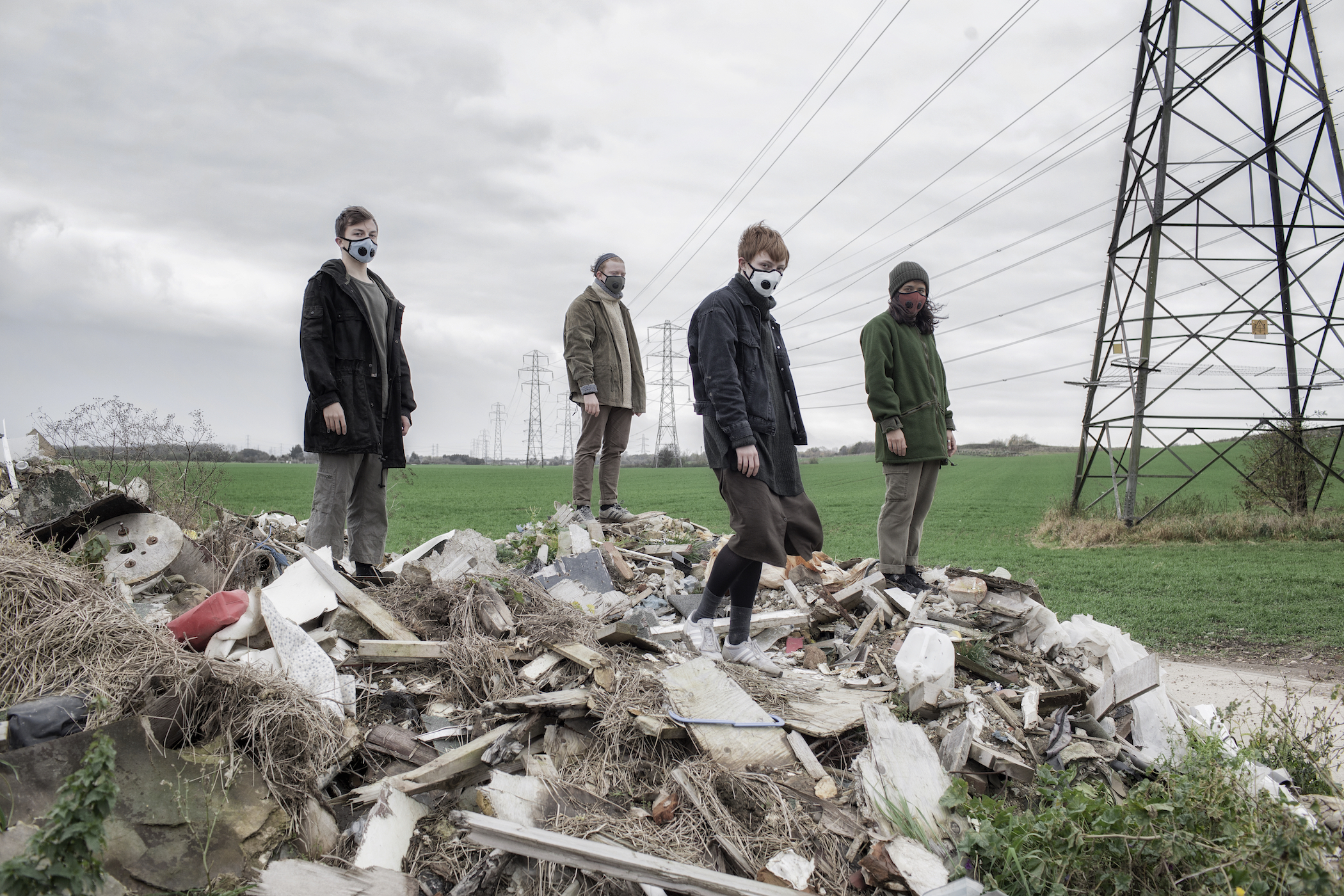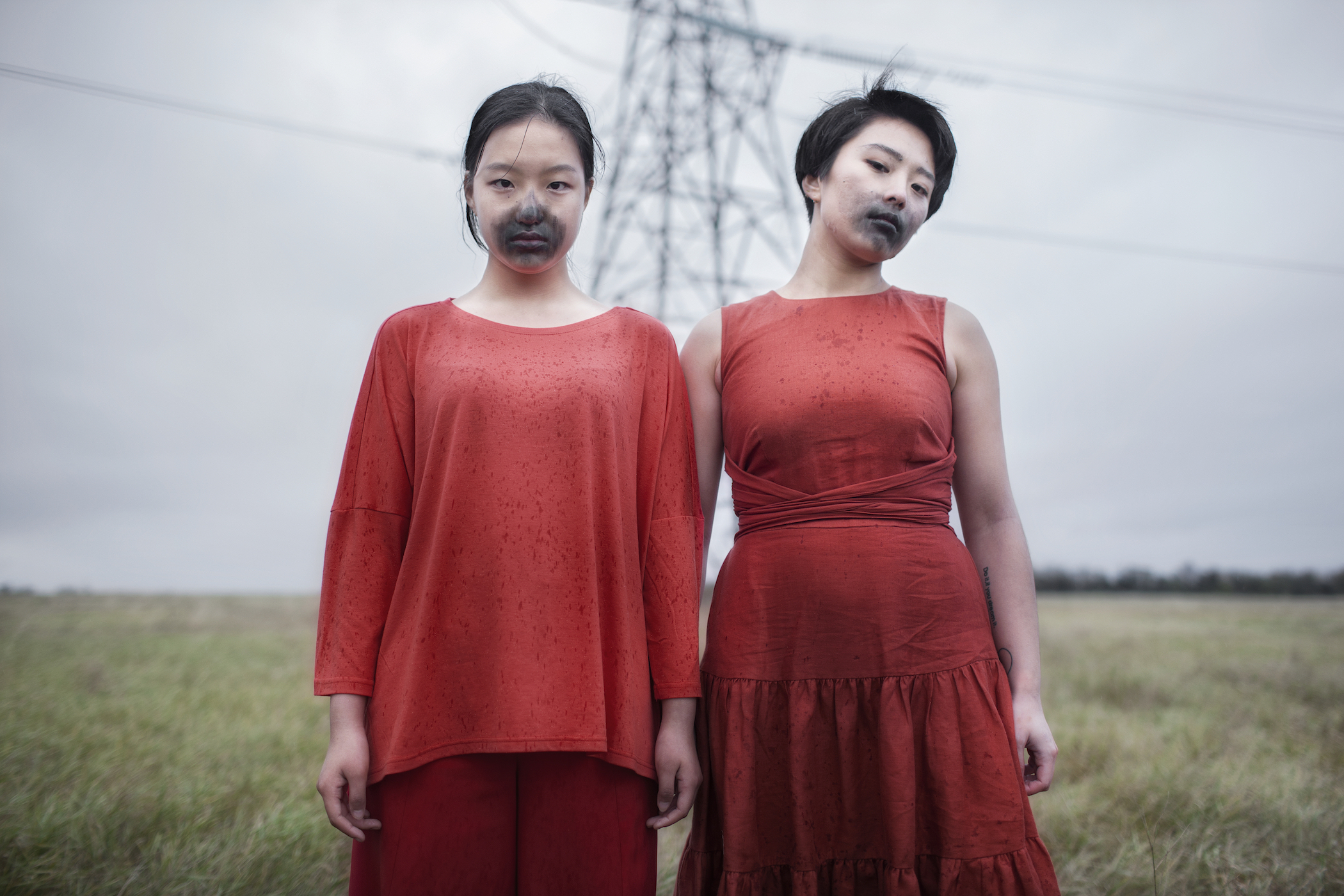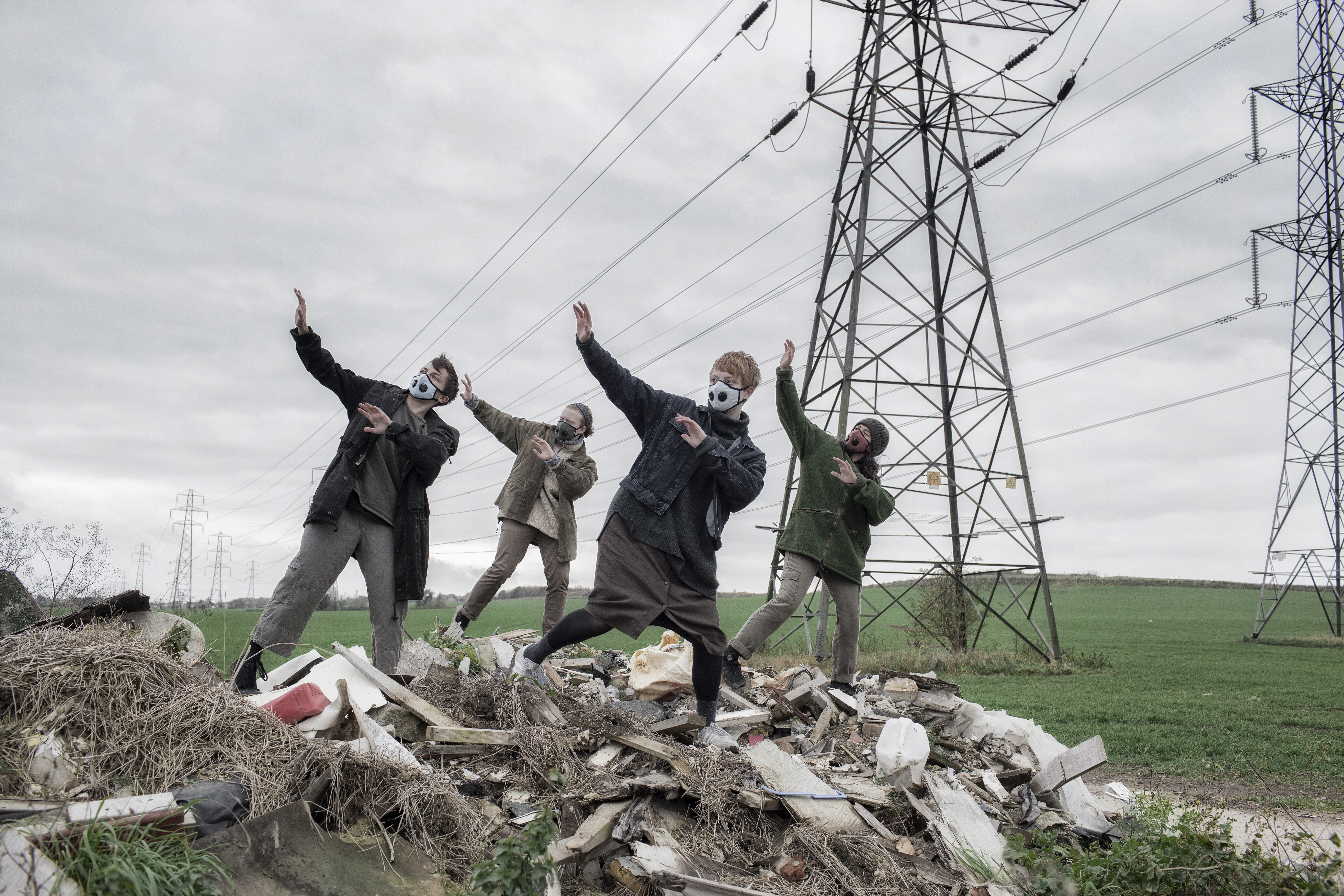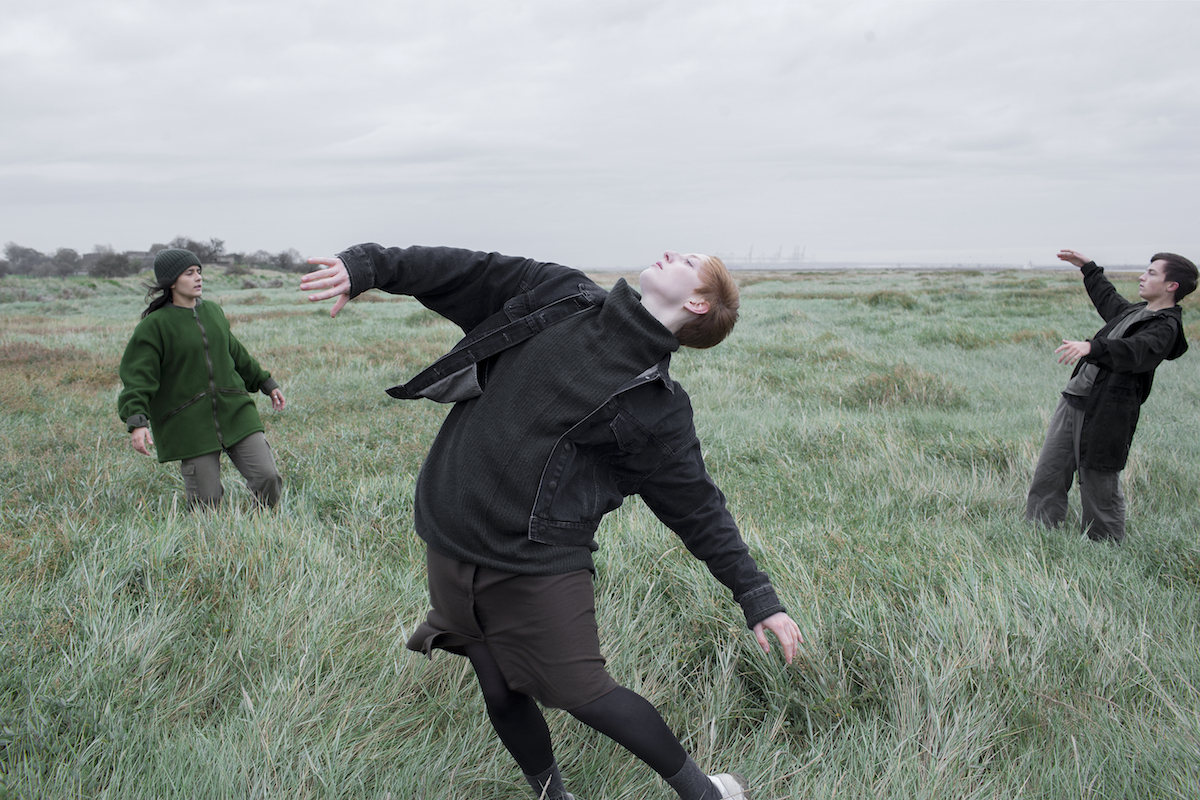CAN ORGANIC

Millions of people living in Britain are inhaling air considered too dangerous to breathe.
The World Health Organisation has officially stated that the air we breathe in on a daily basis in the UK is “too dangerous to breathe”. Pollutants and soot-particles emitted by fuel-burning vehicles, Diesel vehicles and industrial factories are polluting the lungs of the UK’s citizens - and the government are still concealing the facts. With research from organisations such as King’s College, it is becoming more apparent that it is not just city air which is harmful, but air nationwide. Factory pollutant particles disperse across acres of land, bringing about harmful airborne toxic waste - even across the most rural landscapes.
The alternative, renewable energy, is available. But is the UK Government making appropriate choices to help protect the environment and its citizens? Are the public aware of the dangers of the air they breathe, even in rural areas? In addition, is enough being done to tackle pollution from factories burning coal and fossil fuels?
In CAN Organic a group of dancers, and a class of young dance students from London, interact with a rural landscape which sits at the intersection between natural and man-made. The dancers’ physicality and sensitivity to their environment highlights the industrial human impact on the green-belt surrounding our major cities.
This series comes at a critical time in history, when researchers state we may have bypassed the time and impact level after-which the earth can safely heal itself from our pollutants — the ‘point of no return’. It is now more critical than ever to address and act upon our damage to the environment.
In the film the dancers are seen in three human-impacted landscapes. This poses the question of our human footprint on the environments we live in. An eerie sensitivity is present in viewing the body as the ‘pollution receptacle’ in this video. The loss of our natural ‘greenbelt’ environment is a saddening threat, and the pollution of these environments by industry are physically harming. This feeling is exacerbated by the vulnerability of the human form in the face of this landscape, and the power struggle between the two.
The concern that even in our ‘natural’, rural environments, we are at risk of suffering from toxic fumes and airborne factory pollutants - is extremely alarming. Cleary our Government needs to do more, but is progress controlled and halted by lobbying from industry giants? Now that renewables such as wind and solar are available, are we doing enough as a society to engage with the alternatives?


